On Thursday, the U.S. Supreme Court ruled in favor of Starbucks in its challenge against a judicial order that required the coffee giant to rehire seven Memphis employees who had been terminated while attempting to unionize.
This decision may complicate the ability of courts to promptly intervene in labor practices contested as unfair under federal law.
Approval Overturned
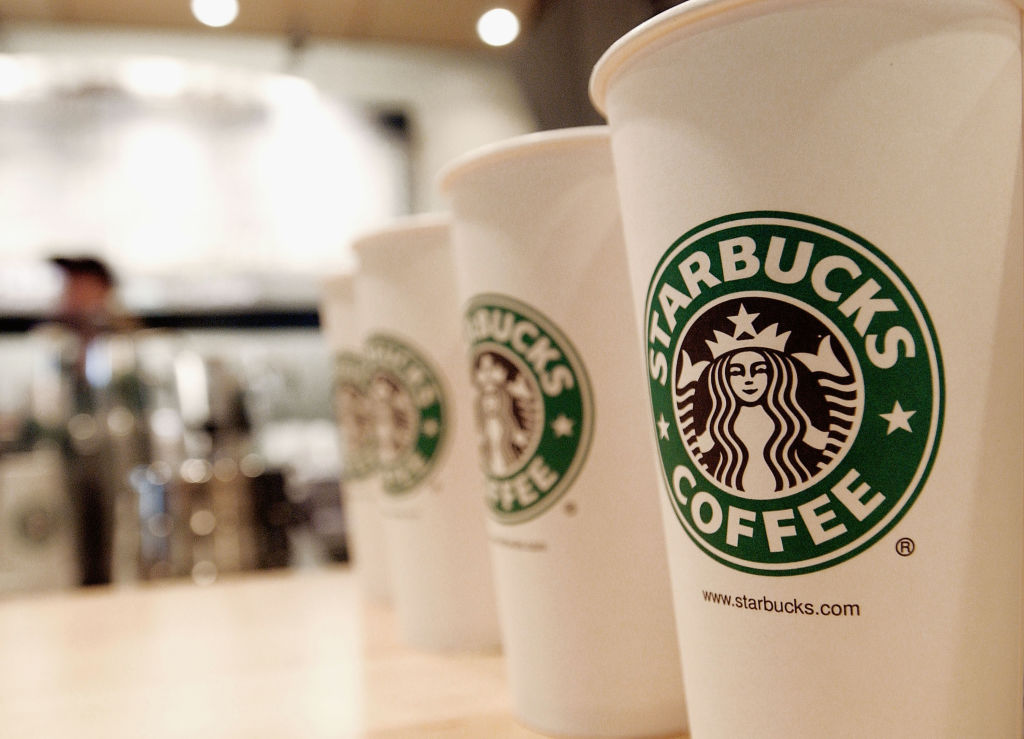
In a unanimous decision, the justices overturned a lower court’s approval of an injunction sought by the U.S. National Labor Relations Board (NLRB).
This injunction had mandated Starbucks to reinstate the workers while the NLRB’s administrative case against the Seattle-based company proceeded.
Improper Legal Standard
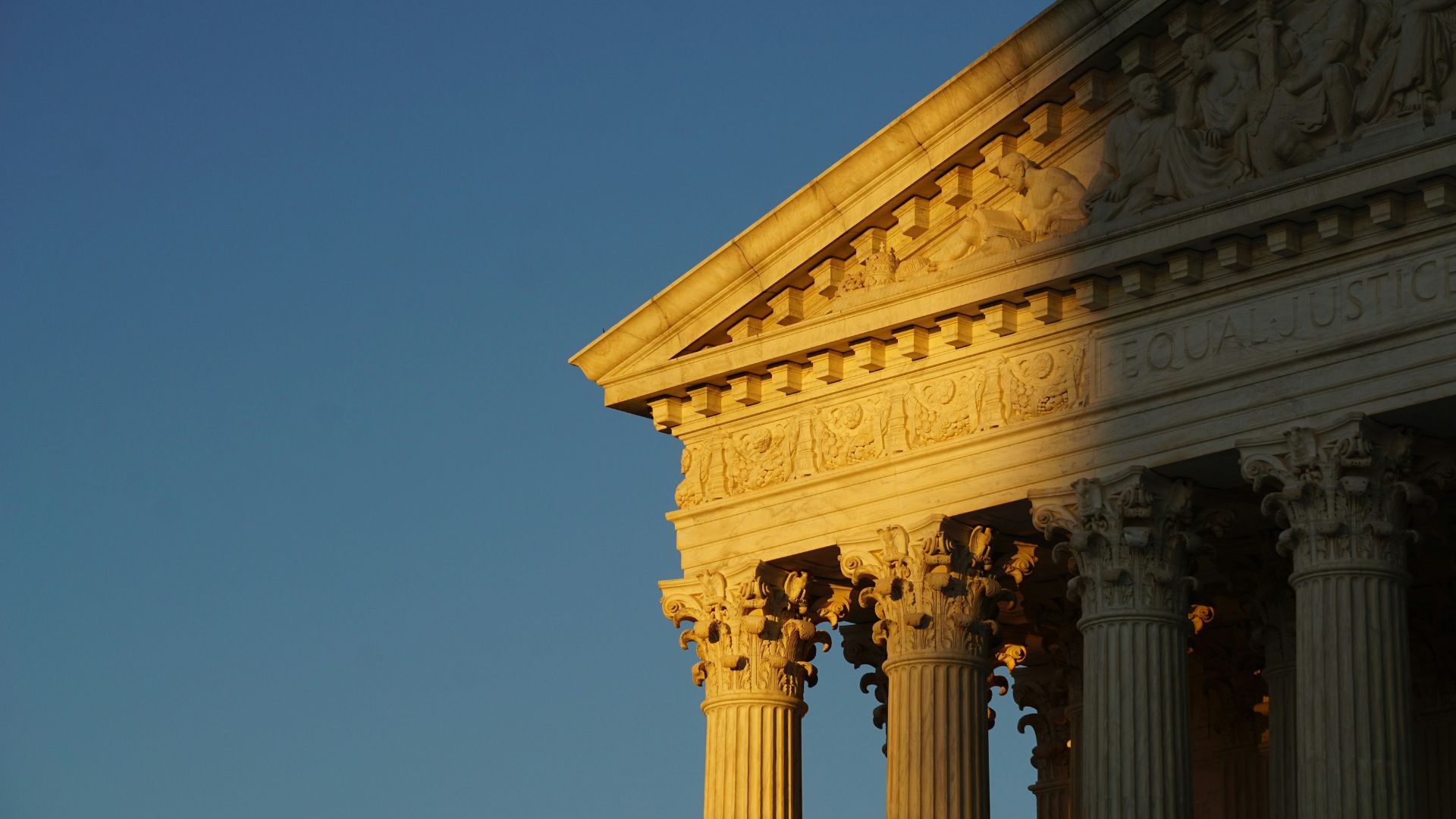
The Supreme Court found that the lower courts had applied an improper legal standard.
Starbucks claimed it was excessively lenient to issue the preliminary injunction as requested by the NLRB under the National Labor Relations Act.
Interim Measures
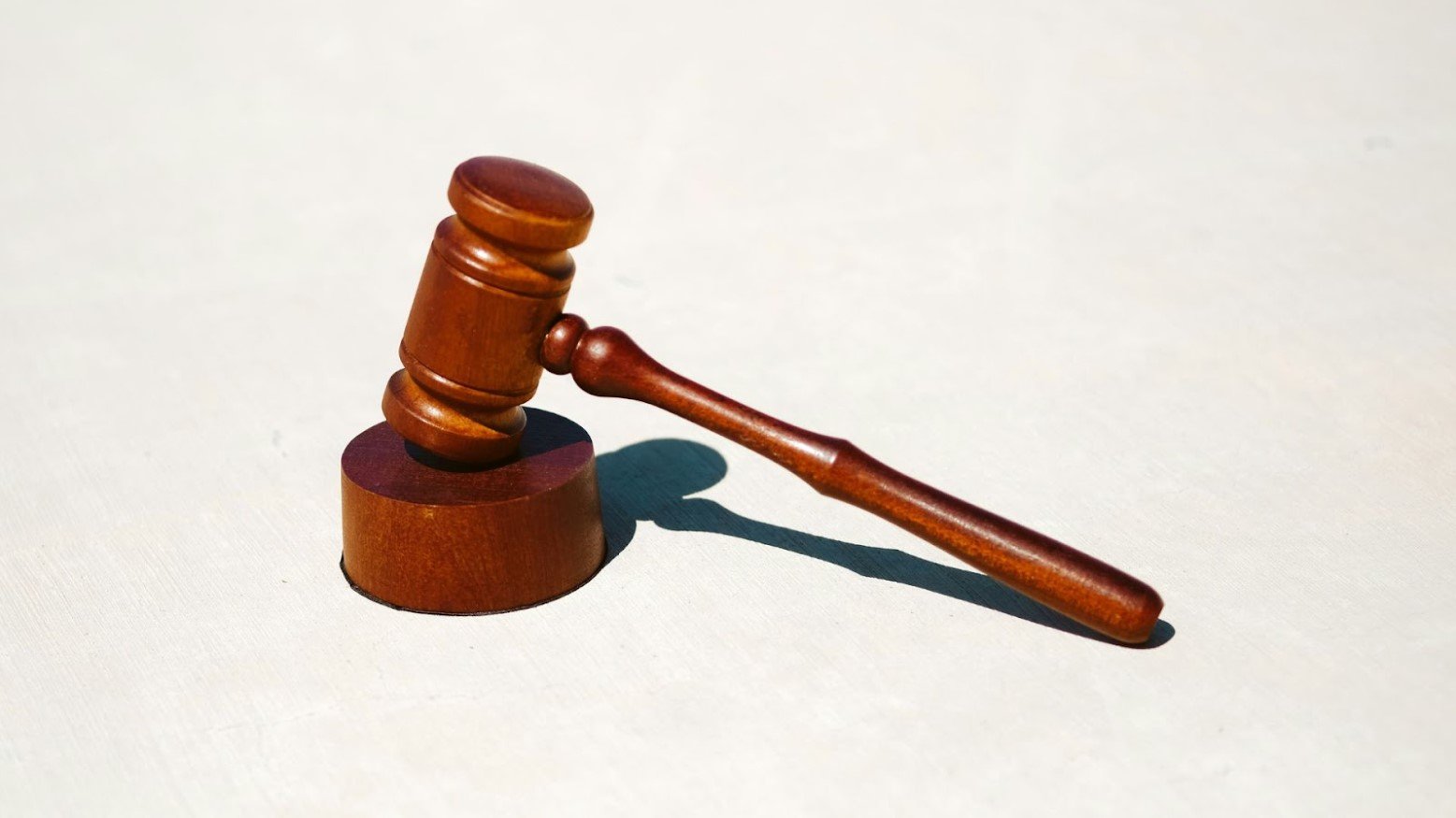
The preliminary injunctions serve as interim measures to halt unfair labor practices while the NLRB resolves the complaints.
According to section 10(j) of the Act, a court can issue such an injunction if it is deemed “just and proper.”
Four-Factor Test
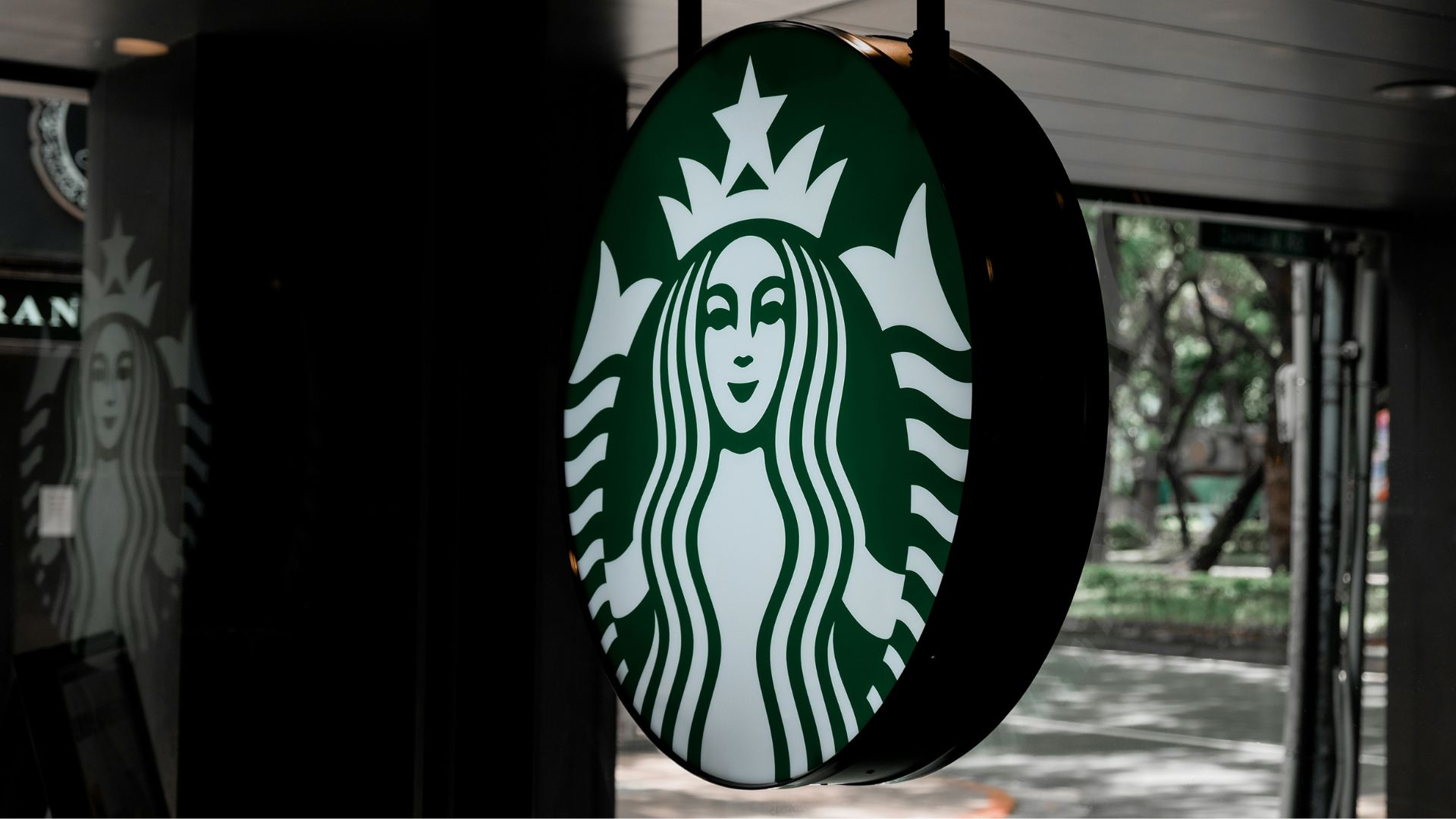
However, Starbucks argued that the judge should have employed a stringent four-factor test before issuing the injunction, akin to the standards used by other courts and in non-labor legal disputes.
This four-factor test includes an evaluation of whether the party seeking relief would face irreparable harm and if they are likely to succeed on the merits of their case.
Back to Lower Court
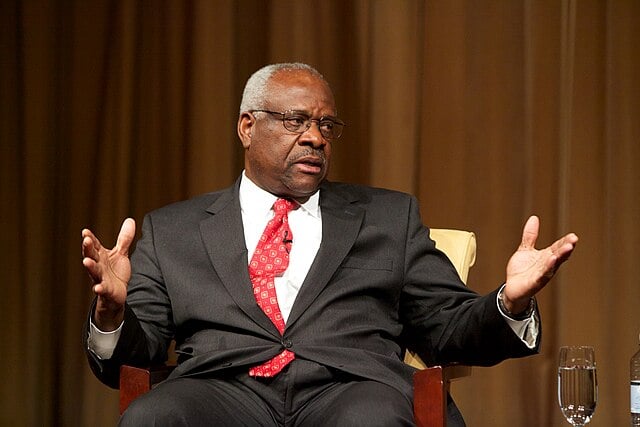
Wikimedia
Justice Clarence Thomas, a conservative member of the court, authored the ruling, and the justices unanimously agreed to send the case back to the lower court to apply the four-factor test.
In a partial dissent, liberal Justice Ketanji Brown Jackson disagreed with the majority on how the lower court should implement part of this test.
Biden Administration Defends NLRB
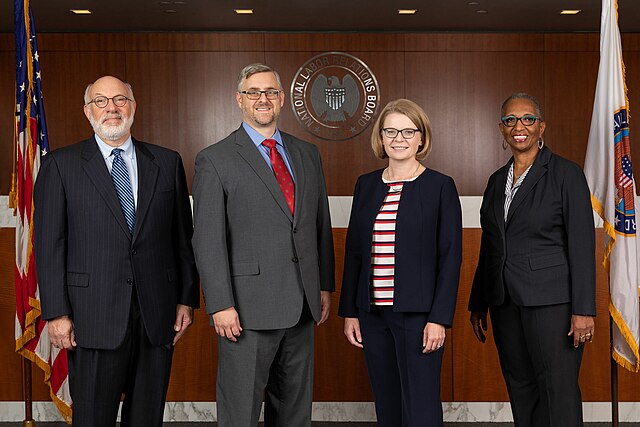
Wikimedia
Starbucks maintained that, under a more rigorous standard, the case would have had a different outcome in the lower courts. The Biden administration defended the NLRB’s actions, pointing out that the NLRB seeks such injunctions in only a few select cases.
In 2022, for instance, the agency requested just seven injunctions despite receiving 20,000 unfair labor charges annually.
Many Starbucks Locations Unionized
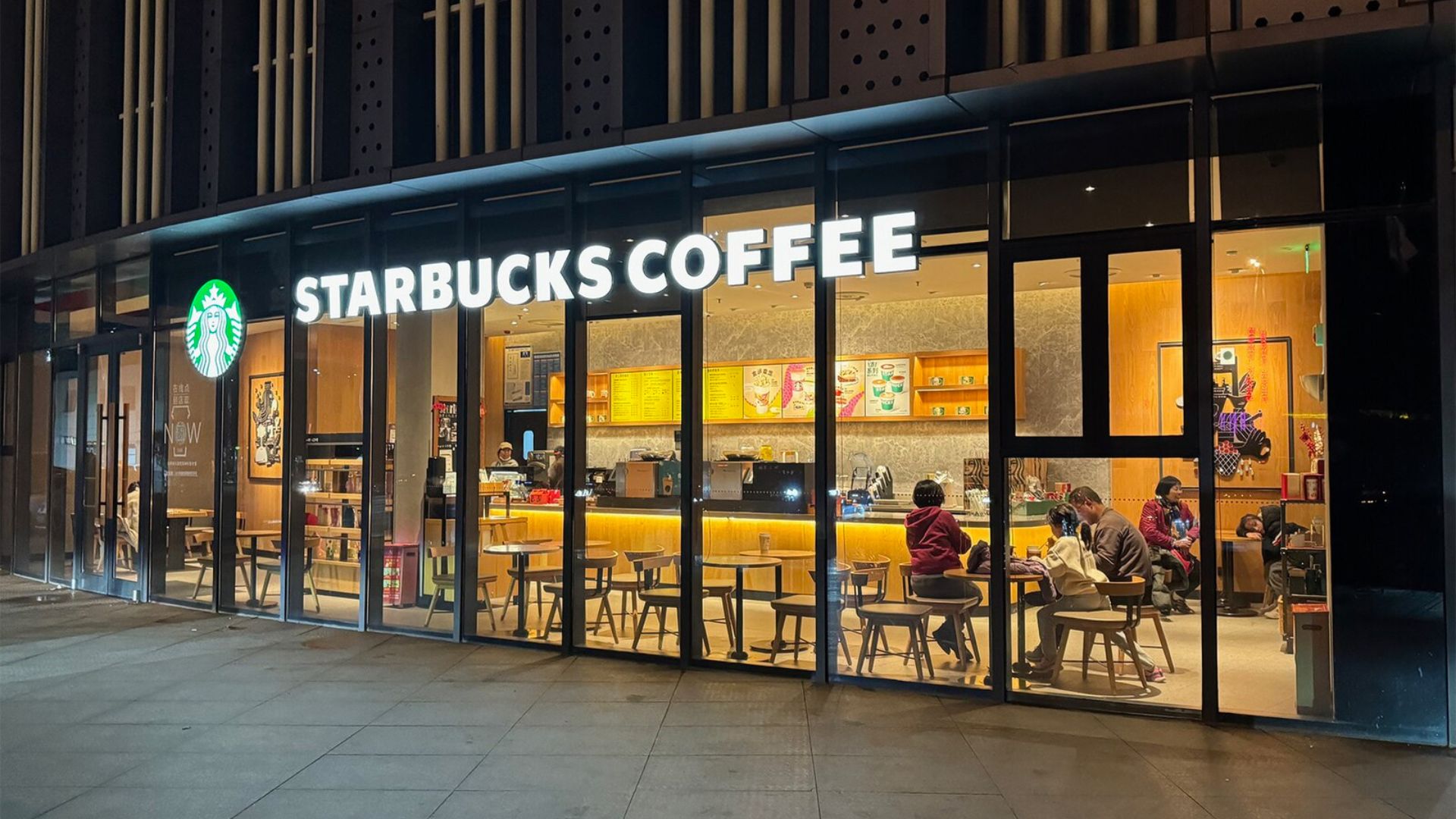
Currently, around 400 Starbucks locations in the United States have unionized, involving over 10,000 employees. Both Starbucks and union representatives have accused each other of engaging in unlawful or improper conduct.
Numerous complaints have been lodged with the NLRB, accusing Starbucks of unlawful labor practices such as firing union supporters, surveilling workers, and closing stores during labor campaigns. Starbucks has denied any wrongdoing, stating it respects workers’ rights to unionize.
Establishing a “Framework”
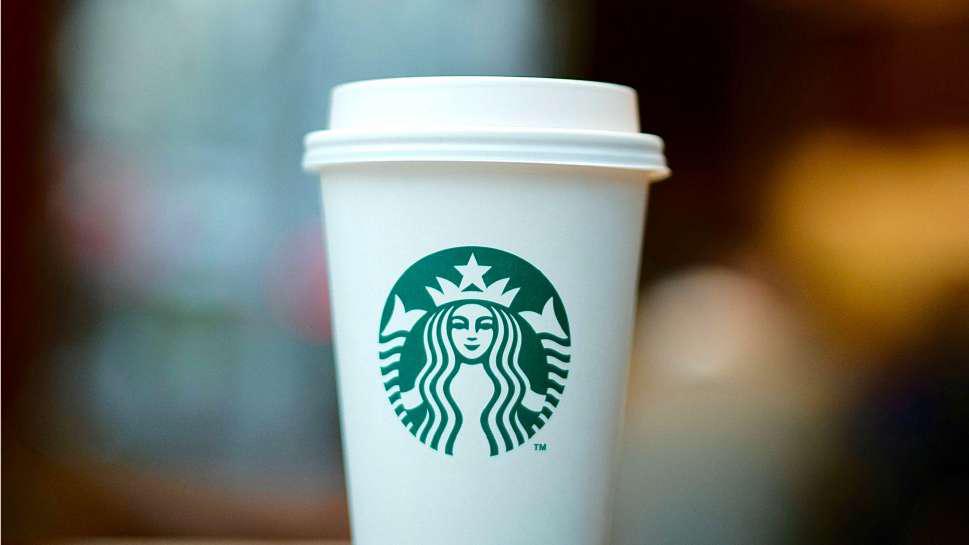
In February, both parties announced they had agreed to establish a “framework” to guide organizing and collective bargaining, potentially resolving numerous ongoing legal disputes.
Following the Supreme Court ruling, Starbucks reiterated its commitment to reaching contracts with union-represented stores within the year. The company stated, “Consistent federal standards are important in ensuring that employees know their rights and consistent labor practices are upheld no matter where in the country they work and live.”
Controversy on Polar Avenue

The controversy traces back to 2022 when workers at a Starbucks café on Poplar Avenue in Memphis were among the first to unionize. During the early stages of their campaign, they allowed a television news crew into the café after hours to discuss their efforts.
Starbucks subsequently fired seven workers who were present that evening, including several members of the union organizing committee. Despite these dismissals, the employees voted to join the Workers United union.
Unfair Labor Charges Filed
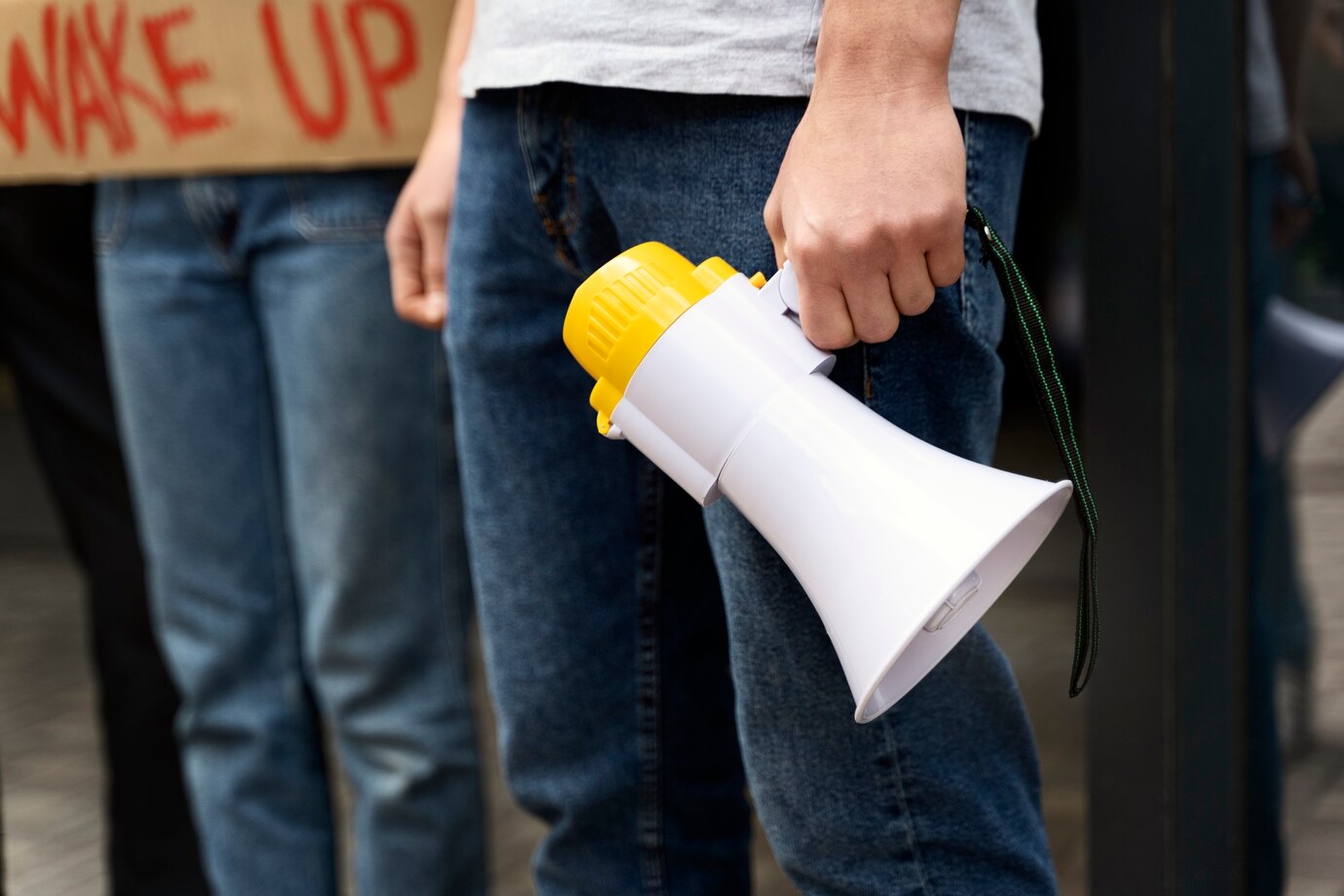
The union filed unfair labor charges with the NLRB, claiming the firings were an unlawful attempt to stifle the union drive and intimidate other workers.
Lynne Fox, president of Workers United, criticized the Supreme Court’s decision, stating, “Working people have so few tools to protect and defend themselves when their employers break the law. That makes Thursday’s ruling by the Supreme Court particularly egregious. It underscores how the economy is rigged against working people all the way up to the Supreme Court.”
“Chilling Effect”
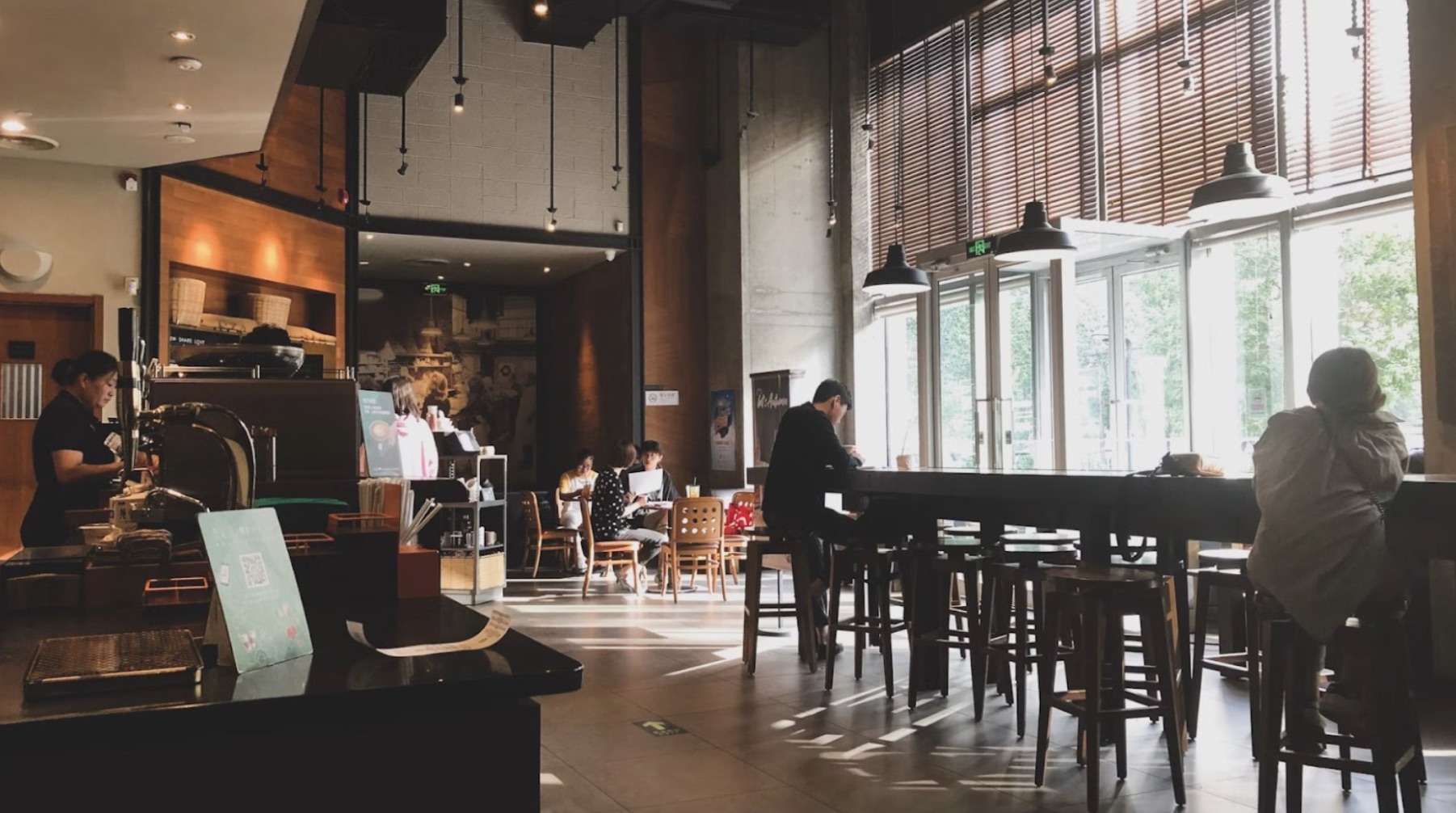
In 2022, U.S. District Judge Sheryl Lipman granted the injunction, ordering the reinstatement of the workers to mitigate the “chilling effect” their dismissals had on the unionization effort.
The 6th U.S. Circuit Court of Appeals in Cincinnati upheld this injunction in 2023.








































